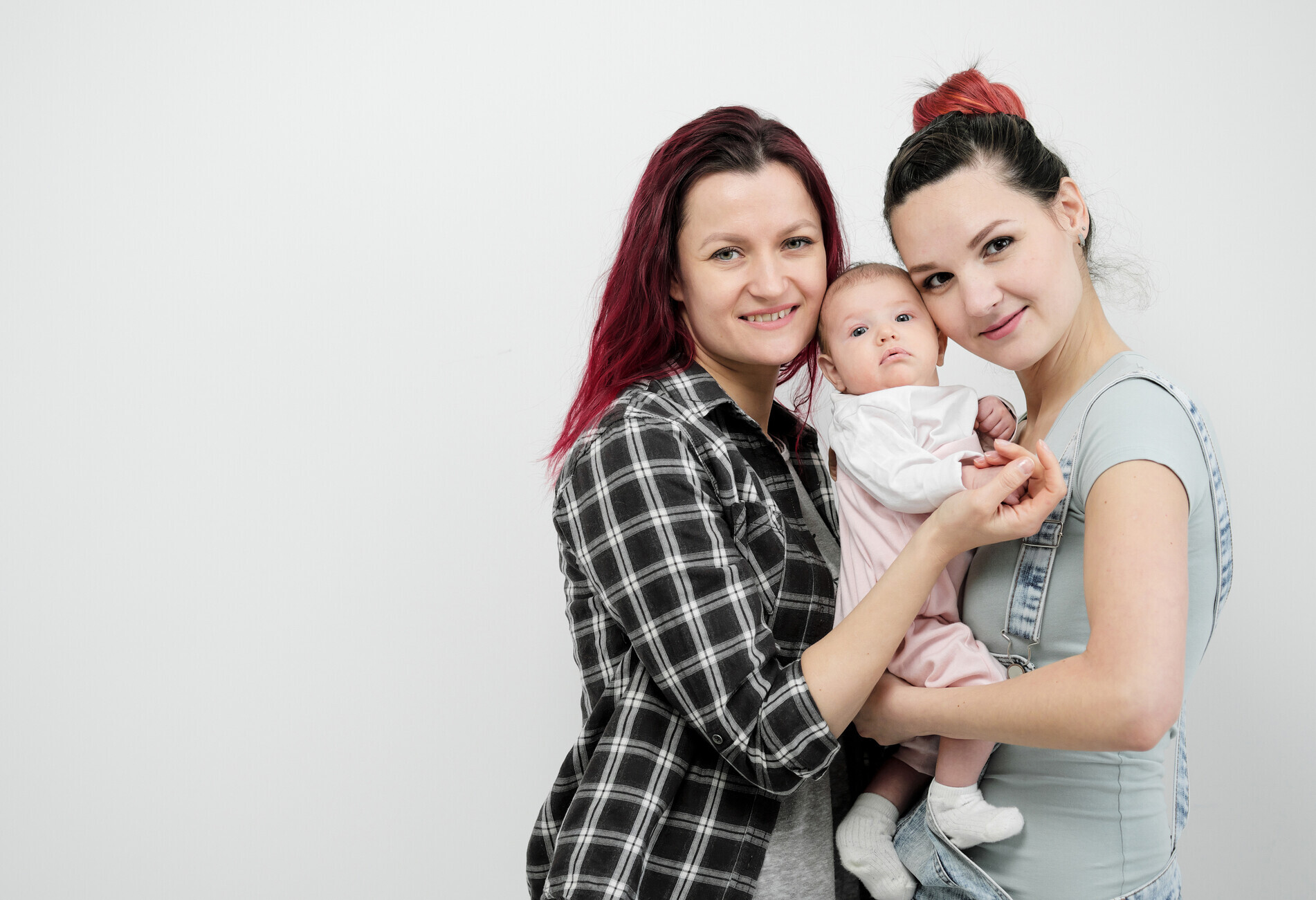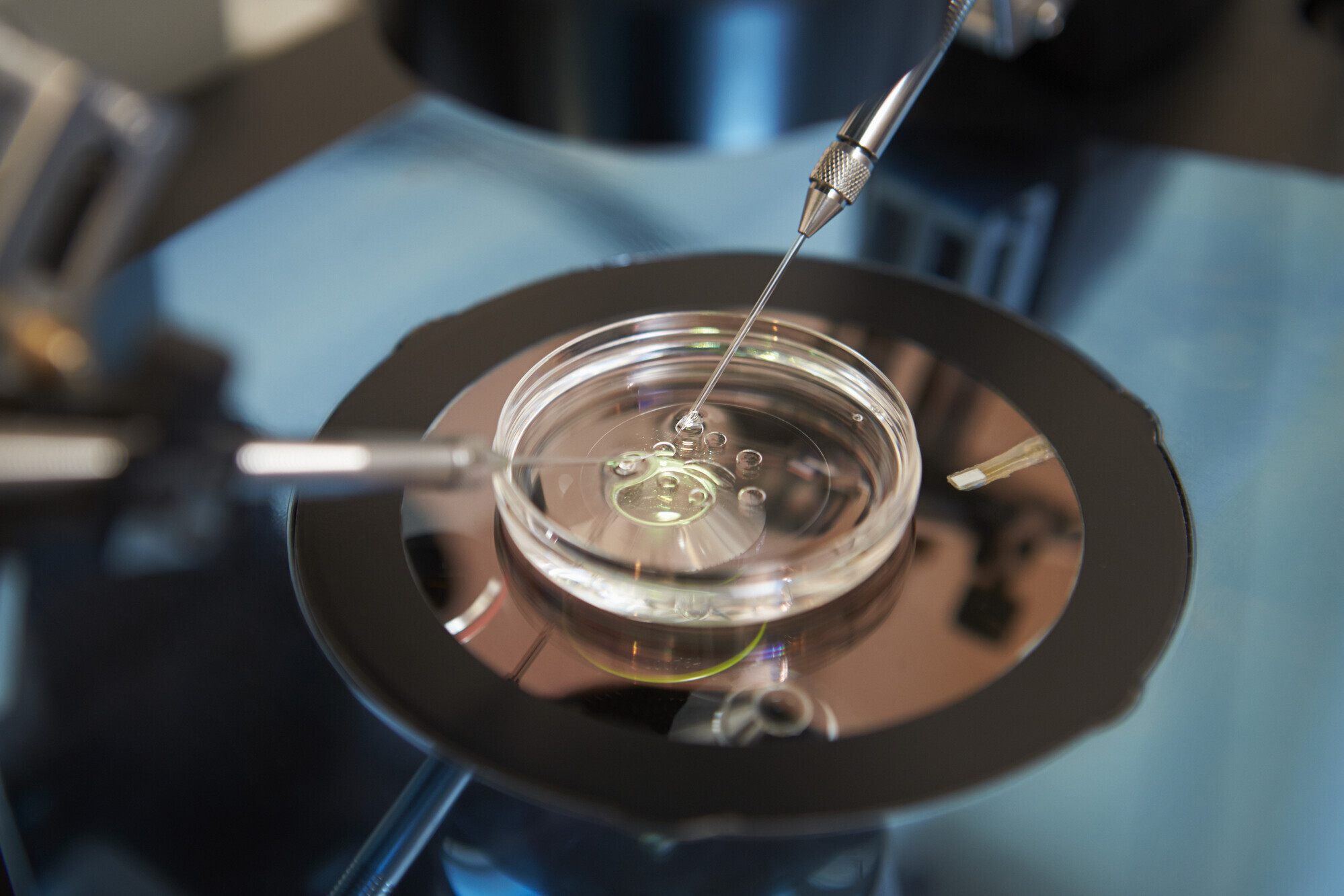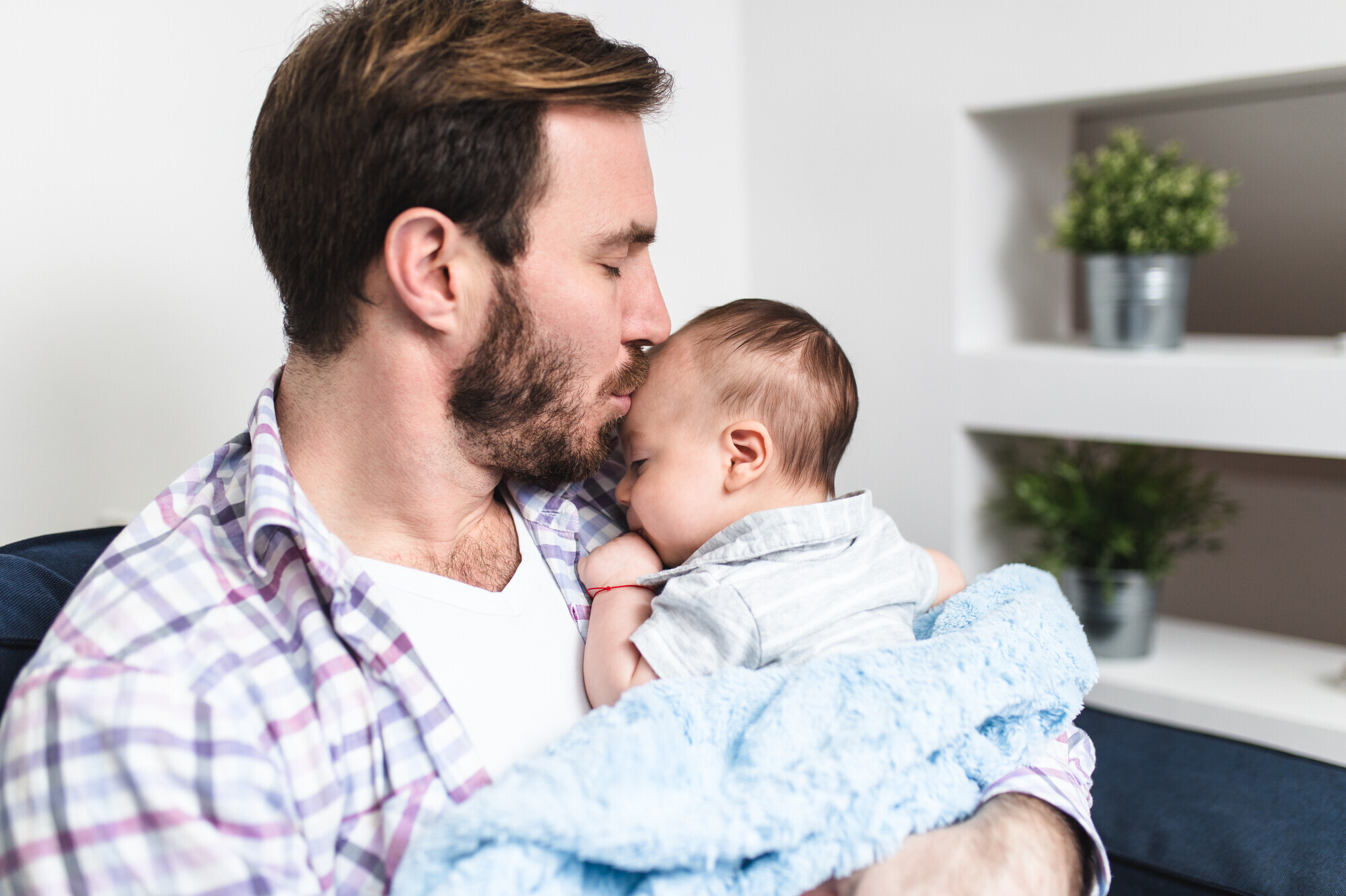Surrogacy for Non-Traditional Families

There are many different types of families that benefit from gestational surrogacy. This includes single parents, LGBTQIA+ couples and even families created through adoption. Surrogacy is an amazing way to have a child and a wonderful option for all kinds of families.
If you're a non-traditional family considering surrogacy, you might have questions. This article will help answer some of those questions and provide information on how to begin your surrogacy journey.
Benefits of Gestational Surrogacy for Non-Traditional Families

Surrogacy offers non-traditional families many benefits. For example, surrogacy eliminates the barrier of sexual orientation, allowing gay and lesbian couples to have children genetically related to one or both parents. Additionally, surrogacy provides single parents with a way to create families.
While adoption can be expensive and time-consuming, surrogacy offers a more direct path to parenthood. Working with a surrogate, these couples and individuals can still experience the joys of parenthood. While some challenges are associated with surrogacy, it can be a fulfilling option for many non-traditional families.
Also, surrogacy can help build or strengthen family relationships. Many surrogacy arrangements result in siblings being born from the same womb, creating a genetic link that binds them for life.
Is the Gestational Surrogacy Process Different?

The surrogacy process is different for everyone, as every family is unique. Still, there are some differences for non-traditional intended parents.
In gestational surrogacy, the egg and sperm typically come from the intended parents, making the baby biologically related to them. In non-traditional families, the sperm and eggs may come from donors. However, this is not always the case.
If two men wish to start a family, one can provide sperm. Or if they want a multiple gestational pregnancy, each intended father can provide sperm and produce embryos with an egg donor. They in turn would have either two surrogacy pregnancies, or a twin pregnancy with one of each of their embryos. This can also be done with a lesbian couple. They can each create their own embryos with the assistance of a sperm donor and then have their own pregnancies, or work with a surrogate if they are unable to carry on their own.
In each case, an intended parent will need a sperm or egg donor. Intended parents have a couple of choices. They can ask someone they know, a close friend or relative, or they can work with a donor agency.
Donor agencies thoroughly screen all their donors for health and mental health issues. Additionally, sperm and egg viability must be evaluated. Donor agencies provide intended parents with detailed information about the donor, such as physical attributes, health, personal interests, education, and medical history, including members of their immediate biological family.
Once these important decisions are made, the surrogacy process follows a similar path other intended parents go through.
Challenges Non-Traditional Intended Parents May Face

While surrogacy is a beautiful way to create a family, there are some unique challenges non-traditional couples may face. In recent years, there has been a growing movement to recognize same-sex couples' rights and single individuals' rights to become parents.
One of the biggest challenges same-sex couples and single parents face is the question of parental rights. In many states, only married heterosexual couples are recognized as legal parents, regardless of whether they are biological or adoptive parents. This can create a number of problems, especially concerning matters like child custody and visitation. Additionally, same-sex couples and single parents may not be able to take advantage of certain benefits available to married couples, such as tax breaks or Social Security benefits.
Another challenge faced by these families is the issue of assisted reproduction. In many states, only married couples can legally use assisted reproductive technologies, such as in vitro fertilization (IVF). This can make it extremely difficult for same-sex couples and single individuals to have children through these methods. Additionally, there may be limits on who can serve as a surrogate or egg donor for these families, further complicating matters.
In recent years, progress has been made in recognizing non-traditional families' rights. This is a vitally important step, as all families should be able to enjoy the same beautiful experience that surrogacy can provide. By ensuring everyone has access to surrogacy, we are celebrating the diversity of our society and acknowledging the importance of family bonds.
Will Surrogacy Cost More?

The surrogacy process can be costly, regardless of the circumstances. However, gestational surrogacy may cost more for LGBTQIA+ couples or individuals who want to start a family. This is because there may be additional costs associated with the surrogacy agreement and the legal process. In addition, they may also have to work with a donor agency, pay for fertility services and obtain insurance for their gestational carrier to become pregnant.
Work With a LGBTQIA+-Friendly Surrogacy Agency
If you are considering surrogacy as a non-traditional family, working with an LGBTQIA+-friendly surrogate agency, like Vermont Surrogacy Network, can help reduce some of the anxiety. We’ll help you understand the unique challenges and concerns you may have, navigate the surrogacy process, and provide you with resources and support throughout your surrogacy journey.
If you’re ready to take the next step in building your family, reach out to us today. We can't wait to help you on this incredible journey!